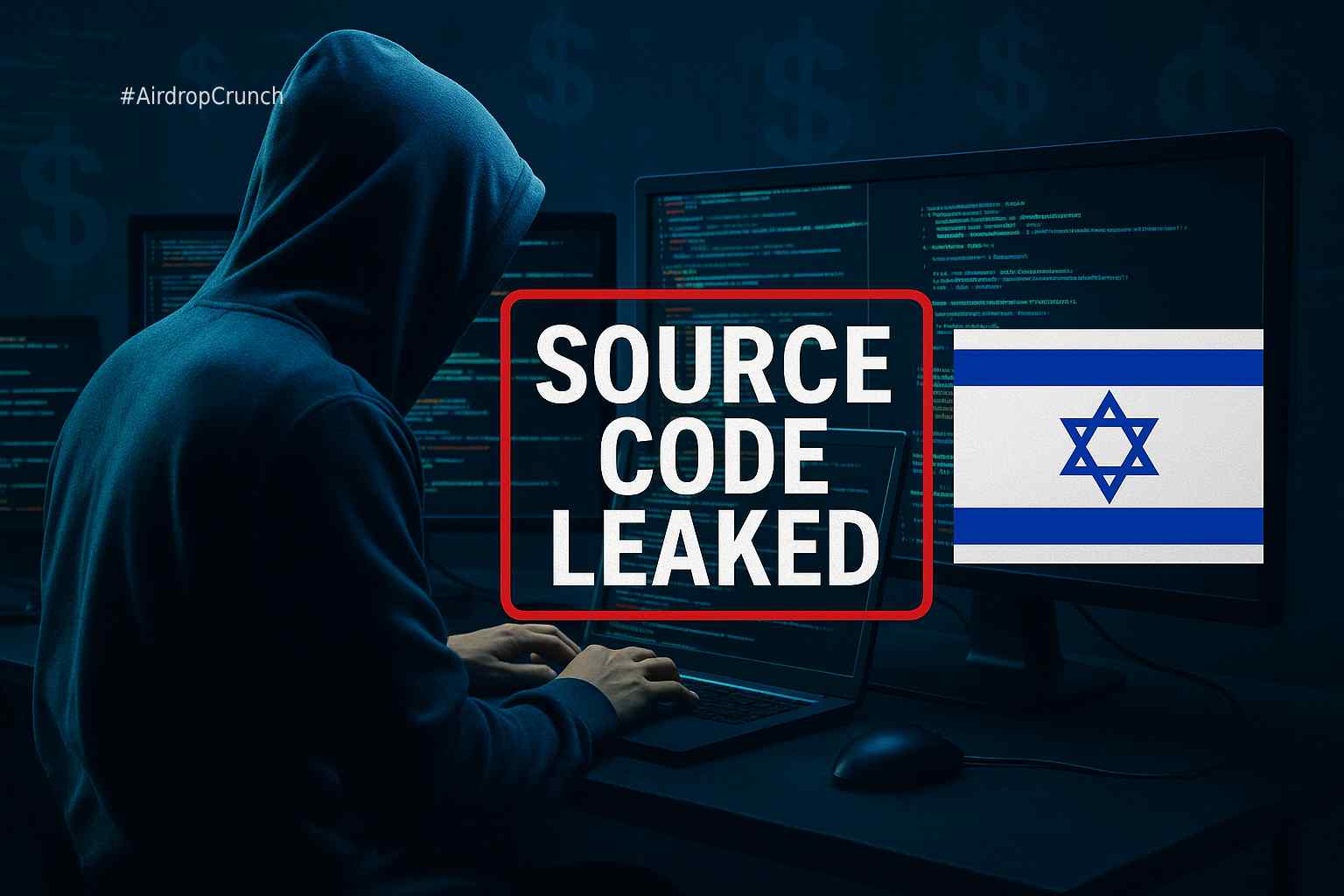On June 18, 2025, the crypto world was rocked by a massive cyberattack on Iran’s largest crypto exchange, Nobitex, resulting in an estimated $100 million in stolen or burned funds—and the leak of the platform’s entire source code.
🔍 What Happened?
A hacker group calling themselves “Gonjeshke Darande” (Predatory Sparrow) claimed responsibility. They announced that they:
- Broke into Nobitex’s internal systems
- Destroyed or burned nearly $100M in digital assets
- Leaked the entire source code to the public
“We send a message to the Iranian regime and financial institutions that fund terrorism,” the group stated in a message accompanying the data leak.
💣 Not Just About the Money
Unlike typical crypto hacks driven by profit, this incident appears deeply political:
- Most funds were sent to burn addresses—irretrievable wallets that permanently remove crypto from circulation.
- The hackers accused Nobitex of helping Iran’s IRGC (Islamic Revolutionary Guard Corps) bypass international sanctions.
- It’s part of a broader cyber campaign against Iran’s digital infrastructure, tied to ongoing geopolitical tensions with Israel.
🧠 Why the Source Code Leak Is a Big Deal
The leaked source code poses major security and business risks:
- Potential for new vulnerabilities to be exploited by other hackers
- Loss of user trust in Nobitex’s cybersecurity
- Competitors or state actors might analyze or replicate their system
🧯 Nobitex and Iran’s Response
Nobitex confirmed the breach and stated they were working on restoring services. While they claimed no additional funds were lost, they have yet to provide a full recovery timeline.
Iran’s authorities quickly responded with strict measures:
- Crypto trading restricted between 10:00 AM – 8:00 PM
- Tighter surveillance of all domestic exchanges
⚠️ What Should Users Do?
If you’re a Nobitex user or use crypto platforms in high-risk regions, consider the following:
✅ Move your assets to non-custodial cold wallets
✅ Avoid leaving funds on centralized exchanges
✅ Monitor official security updates
✅ Enable 2FA and audit your transaction history regularly
🧭 Final Thoughts
This isn’t just another hack—it’s a cyberwar escalation with real financial casualties. As geopolitics increasingly spills into the digital financial world, both platforms and users must remain more vigilant than ever.
Sources: Cointelegraph, The Guardian, Reuters, WSJ

